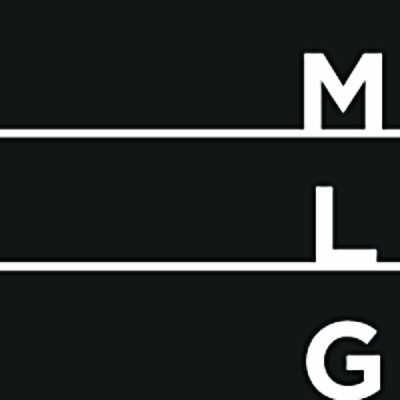MLG-ICS 2018
Conference InformatioN Suggested Readings Call for PaperS
CALL FOR PROPOSALS—DUE february 15th
The Marxist Literary Group’s annual Institute on Culture and Society invites proposals from its current and future members for participation in its 2018 annual meeting. Proposals on all topics of relevance to Marxist theory and practice are welcome, with priority given to proposals that critically engage this year's highlighted theme.
Marx’s celebrated 1859 Preface to A Contribution to the Critique of Political Economy posits a notion of politics that sets subjective agency in relation to its objective determinants. Marx here contends that human society “inevitably sets itself only such tasks as it is able to solve, since closer examination will always show that the problem itself arises only when the material conditions for its solution are already present or at least in the course of formation.” The problem of politics, in other words, is how to correlate specific sites of struggle to the deeper structures that condition them.
Our current political conjuncture is seemingly one of endless possibility, if only because of the increasingly visible signs of deep underlying crisis: secular stagnation, punitive austerity, intensified racism, sexism and xenophobia, increasingly militarized state repression, ecological collapse, imperial aggression, deepening inequality, profound human suffering for enormous segments of the world’s population. In the face of what some have argued is capital’s terminal crisis, our political world seems singularly unable to tackle the problems it has created and desperately needs to solve. But times of crisis are also times of possibility. History, as the famous phrase goes, moves by its bad side and so amidst the despair of our current moment, with its newly emboldened, neo-fascist right, there are still reasons for hope. We can observe the stirrings of a Left, stronger in some areas than others, but growing in confidence, even if nowhere yet sufficiently powerful to offer solutions to the brutalities of the capital relation. As the global capitalist economy limps along, there seems a striking disconnect between the deepening crisis of capital and the political response to it.
This year’s MLG ICS will consider the problem of politics of today in relation, most directly, to the past century of Marxist political thought, a century that begins with the Bolshevik revolution of 1917, finds its mid-point in the events of 1968, and now leaves us facing our current moment of crisis. Throughout this century the liberatory struggles of workers, women, colonized or formerly colonized peoples, indigenous peoples, ethnic minorities, and LGBTQ communities have been at the front-line of Left politics. They remain so today, even as the relation between these particular social formations and the reproduction of capital urgently requires continued re-theorization. To that end, this year’s ICS will be structured around shared readings of five key thinkers in the Marxist political tradition—Marx, Kollontai, Lenin, Mao, and Fanon—each of whom confronted directly the question of political strategy in relation to capital, the state, racism, sexism, empire and combined and uneven development. Specific selections for this summer’s institute can be found on the Suggested Readings page. We invite proposals for reading groups that draw from this list. Additionally, we ask for panels, roundtables and reading groups that examine the relationship between the economic and the political, and that consider the openings and impasses that define our current moment.
We envision the Institute structured around four broad rubrics (while also accommodating proposals that fall outside these categories):
1. New analyses of the rich political traditions within Marxism:
- The relevance of the Marxist political tradition for our current moment.
- The continued efficacy of class struggle in its various forms.
- Contemporary experiments with political alternatives.
- The recovery of lost historical struggles of the Left.
2. The lessons or legacies of Third World, anti-colonial, and anti-imperial political projects:
- Recent theoretical inquiry that returns to Marxist categories such as imperialism or combined and uneven development.
- Past and current struggles of indigenous peoples and settler colonies.
- The legacies of the Third World, Non-Alignment, or Bandung Era after the demise of the Soviet Union and the collapse of the three-worlds model.
- The differential effects of ecological collapse on formerly colonized peoples.
3. The legacy of 1968, on the occasion of its fiftieth anniversary:
- Symptomatic or historical readings of 1968.
- 1968 as a global event, (considering, for example, Mexico City, Tokyo, Rio, Shanghai, alongside the more well-trodden US and French contexts).
- Moving beyond the dead-lock of New Left vs. Old Left politics pitting race/gender/sexuality against class.
4. The problem of literature and politics.
- Readings of “political writing,” both literary representations of political struggles, and the imprint of political struggles on literary texts.
- The rich literary legacy of the New Left and the slow process of opening up the canon to a wider range of experiences and subjects
- The disciplinary responses of Literary Studies to political struggles and movements, (e.g., feminism, queer theory, critical race studies, post-structuralism and post-colonialism.)
- Periodizing literary forms in relation to the political century of 1917 to the present.
Abstracts of 250 words or less proposing reading groups, roundtables, papers, or other presentations should be sent to MLGICS.2018@gmail.com by February 15, 2018.
